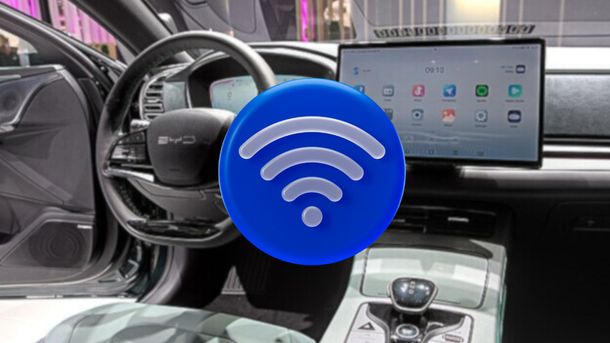Simplifying the Patent Rules: What’s Next for Your Connected Car?

When we think of technology in our daily lives, it’s hard to ignore how our smartphones and even our cars rely on networks like 5G, WiFi, or Bluetooth. These technologies are part of what we call standard essential patents (SEPs). But what happens behind the scenes to get these innovations into your favorite devices?
Let’s break it down.
What Are SEPs Anyway?
SEPs are basically patents on tech that has become a standard. Think about 5G or WiFi – everyone’s using it, right? That’s because they’ve become essential for keeping our phones, cars, and smart gadgets connected.
The companies that create these tech standards get royalties (a fancy word for payments) whenever other companies use their innovations. So, whether you're streaming music in your car or texting via WiFi, someone’s getting paid behind the scenes.
What’s Changing?
Right now, Europe is trying to make the process of licensing these SEPs easier and fairer for everyone. The European Parliament is working on new rules to reduce the confusion and legal battles that often happen when companies try to figure out who owns which SEP and how much they need to pay.
One big change? There’ll be a new European database with all the SEP info in one place, including the costs. No more guessing games!
Also, before running to court, companies will have to try to solve their SEP disputes through mandatory mediation first – saving everyone time and stress.
Who’s Involved?
The EU’s Intellectual Property Office (EUIPO) will be in charge of this new system. To make this process as painless as possible, the EUIPO is also planning to offer free help to small businesses and startups.
But not everyone’s on board with these changes.
The Debate: Tech Giants vs. Carmakers
Tech companies like Nokia and Qualcomm, who own a ton of SEPs, are worried. They argue that the current system pushes innovation forward, and messing with it could delay new tech from hitting the market. Their concern? Licensing delays mean less money for research and development, which could slow down the creation of the next big thing.
On the flip side, carmakers like Mercedes-Benz and Volkswagen are cheering for the new rules. They believe it will make licensing clearer and fairer, helping them continue to roll out cool new tech features in their cars without getting bogged down in legal disputes.
What’s Next?
As these new rules move through the European legal system, there’s still plenty of debate ahead. Some are calling for tweaks, like relying more on patent experts or using the courts to settle some disputes.
But one thing’s for sure – the goal is to make the system work better for everyone, from the big tech players to small businesses.
Why Should You Care?
This might seem like legal talk, but it affects all of us. The next time you stream a movie in your car, make a hands-free call, or download an app on your phone, you’ll be relying on these very patents. And if the system becomes easier and more transparent, it could mean faster, more innovative tech for all of us.
If you're a business looking to navigate this complex world of patents or simply want to make sure your innovations are protected, our expert team is here to help. Contact us today to get personalized advice and ensure you stay ahead of the curve!